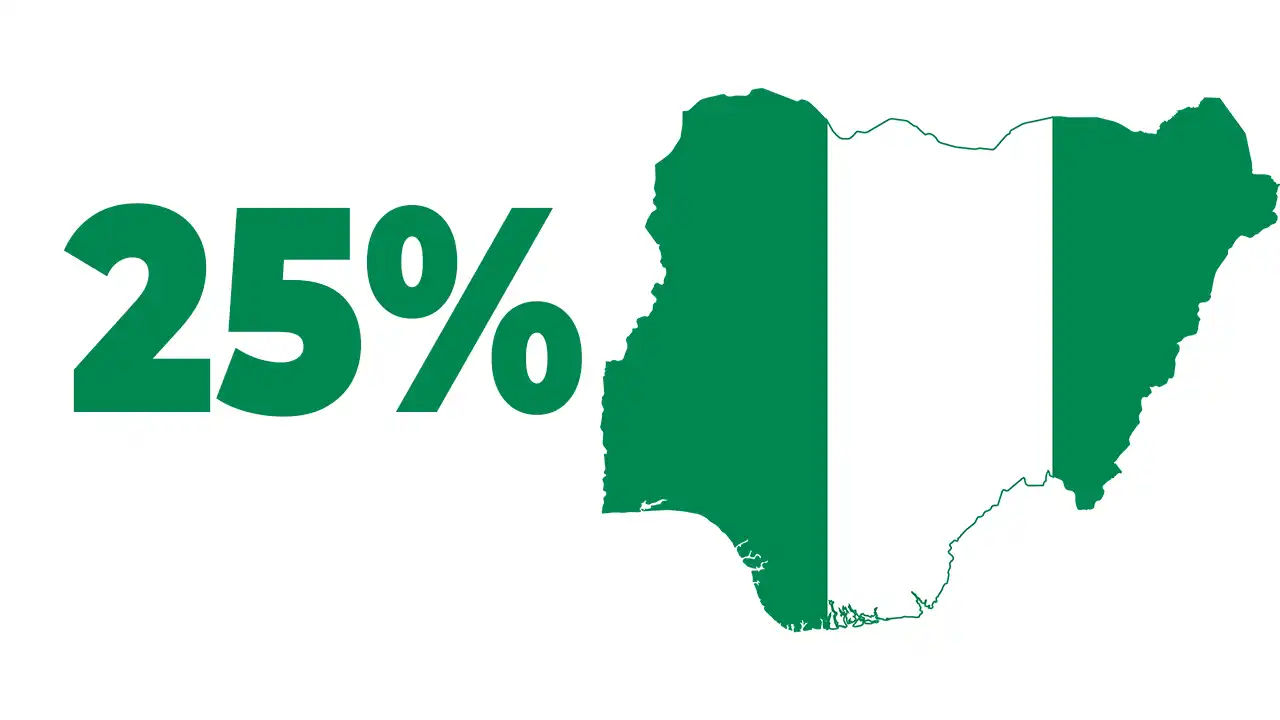
Understanding the 25 Percent Vote Requirement in Nigeria’s Presidential Elections
Nigeria’s presidential elections have always been a subject of keen interest and heated debates, and one crucial aspect that has sparked much discussion is the 25 percent vote requirement in the Federal Capital Territory (FCT). This provision, outlined in the Nigerian Constitution, stipulates that a presidential candidate must obtain at least one-quarter of the votes in the FCT and secure the majority of votes in at least two-thirds of all states to be deemed duly elected. In this blog post, we will delve into the significance of this requirement, the differing interpretations, and its potential impact on future elections.

Understanding the 25 Percent Vote Requirement
The 25 percent vote requirement is a key provision in Nigeria’s electoral process. It aims to ensure that the elected president has broad-based support across different regions and states in the country. The FCT, although not a state itself, is treated as one for the purpose of this calculation. This means that candidates must garner a substantial number of votes from the FCT, in addition to meeting the requirements in other states.
Differing Interpretations
Despite the provision’s apparent straightforwardness, legal practitioners have presented differing interpretations. Some argue that the FCT should not be treated as a state superior to others. They contend that the intent of the law is to avoid undue concentration of votes in one region, promoting inclusivity and fair representation for all states. This view emphasizes the need for a candidate to secure votes from multiple states to be declared duly elected.
On the other hand, proponents of the alternative interpretation assert that the FCT should be regarded as the 37th state. They argue that since the Constitution designates the FCT as the seat of the federal government, it deserves to be treated on equal footing with the other states. According to this perspective, a candidate could meet the 25 percent requirement by obtaining the necessary votes solely in the FCT.
The Role of the National Assembly
Given the contentious nature of the interpretation, it is imperative for the National Assembly to address and clarify this issue through legislation. Amending the provision would provide much-needed clarity, preventing any ambiguity in future elections. Such legislative action would reaffirm the spirit of the Constitution, promoting equal representation and avoiding potential challenges to the election results.

Potential Precedence and Implications
The outcome of this trial holds significant implications for future electoral laws and regulations. Depending on the court’s decision, it may set a precedent for subsequent election-related cases. Clarity on the status of the FCT and its relation to other states will shape how candidates strategize their campaigns in future presidential elections. If the interpretation leans towards treating the FCT as a separate state, candidates may focus more on garnering support from the FCT to meet the vote requirement.
Read: Bola Ahmed Tinubu Leadership Style: Lessons for Emerging Politicians in Nigeria
Read: 10 Leadership Lessons We Can Learn from Peter Obi’s Success Story
Read: How Bank of Industry Nigeria is Empowering Entrepreneurs Across the Nation
Conclusion
In conclusion, the 25 percent vote requirement in the FCT is a crucial aspect of Nigeria’s presidential elections. The provision aims to ensure broad-based support for the elected president from different regions and states. However, the differing interpretations have sparked debates, emphasizing the need for the National Assembly to provide clarity through legislative action. The court’s final judgment will have far-reaching implications on future elections, influencing how candidates approach their campaigns and secure the needed votes for victory. Clarity and consistency in electoral laws are vital for upholding the democratic principles of representation and fair governance in Nigeria.
One Comment
Comments are closed.


Thank you for the wonderful writeup🙌